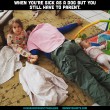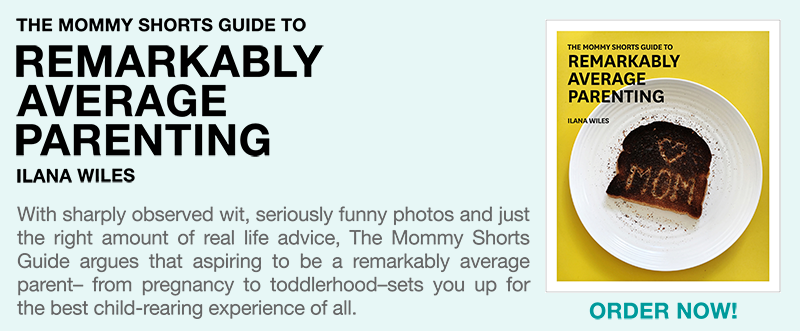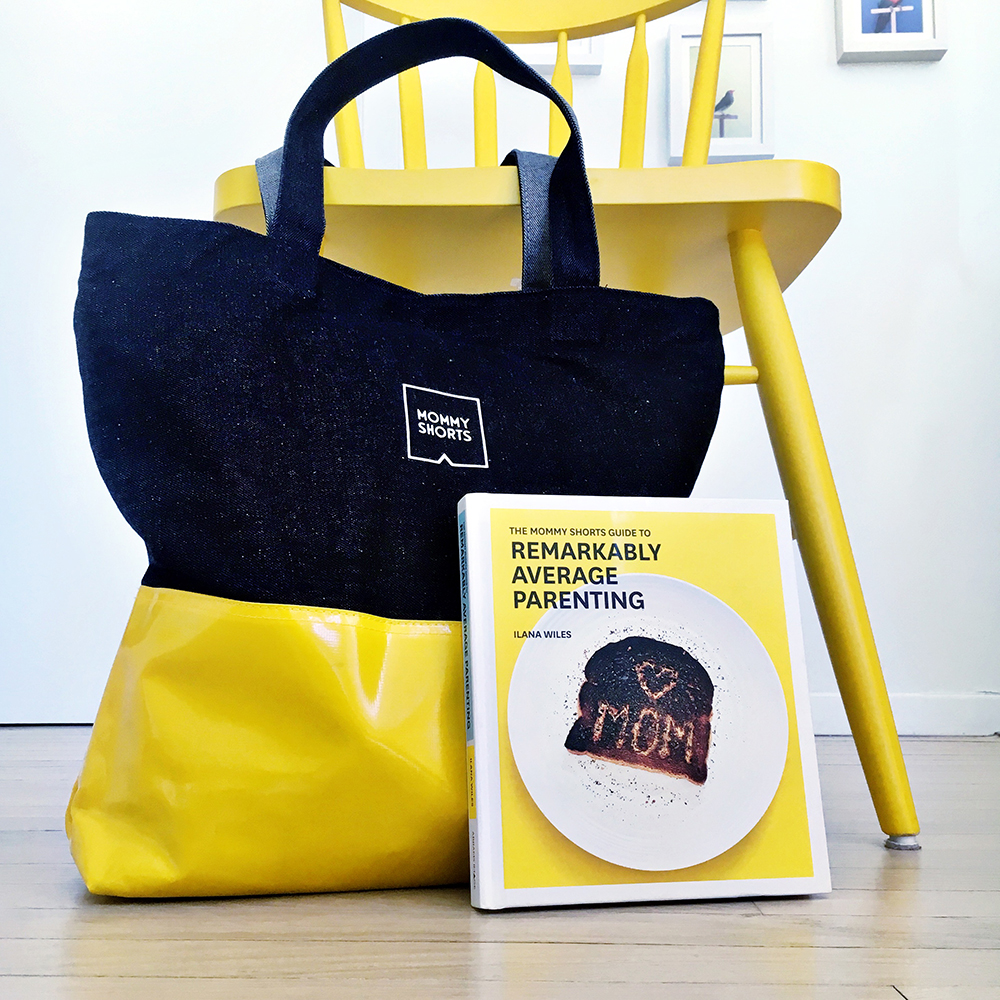My one-year-old used to love bath time. But then we had to use a special shampoo because he had cradle cap. It must have burned because he went nuts. Ever since, he hates the bath. We've stopped using the shampoo but he still starts screaming the second we try to put him in the tub. Is there anything we can do to help him get over his fear?
Signed, JT
Dear JT,
Young children process sensations by associating the experience with an emotion, positive or negative. It is through making these connections that a child begins to organize their world into concrete categories such as things that feel good or bad. By one to two years of age, children may develop fears either from negative experiences or from vivid imaginations because they lack a true understanding of cause and effect. For instance, it is common for one to two-year-olds to be afraid of the bath because they see water going down the drain and think that they may go down the drain too.
At this young age, children will not be able to understand a verbal explanation for why the experience is not something to be feared— this shampoo doesn't burn, you are too big to fit down the drain, etc. Instead, it is best to help them feel safe by taking extra precautions like waiting to drain the water until your child is out of the tub. For your son, it seems that he made a negative association with the bath because the shampoo burned his scalp. If you are no longer using the shampoo, the issue may simply resolve over time as he begins to experience more positive than negative experiences in the bath. If you need to continue using the shampoo, you may want to try washing his hair in the sink and then putting him in the bath afterward so that he can learn to separate the two experiences.
Another strategy would be to alter the bath routine in some way so that it creates a new experience that does not have the same association as the previous experience. For example, you could change the bathroom he uses, the time of day he takes a bath, the appearance of the bath tub by putting new toys in the bath, or turn on music in the bathroom. Also, if your son gets upset initially but then seems to relax and enjoy the bath after a few minutes have passed, you may want to extend bath time a bit to further reinforce his positive association.
When your son is in the midst of experiencing an intense fear, the most important thing to do is to remain calm and to use soothing techniques such as a gentle touch, singing, and eye contact to help him calm down. He will look to you as an emotional reference and if you seem calm and relaxed, he will realize that he should be too.
Best of luck,
Dr. B
Dr. B has a PHD in school psychology specializing in early childhood development. If you have a question for Dr. B, please email me at myshort@mommyshorts.com which the subject header ASK DR. B.

























